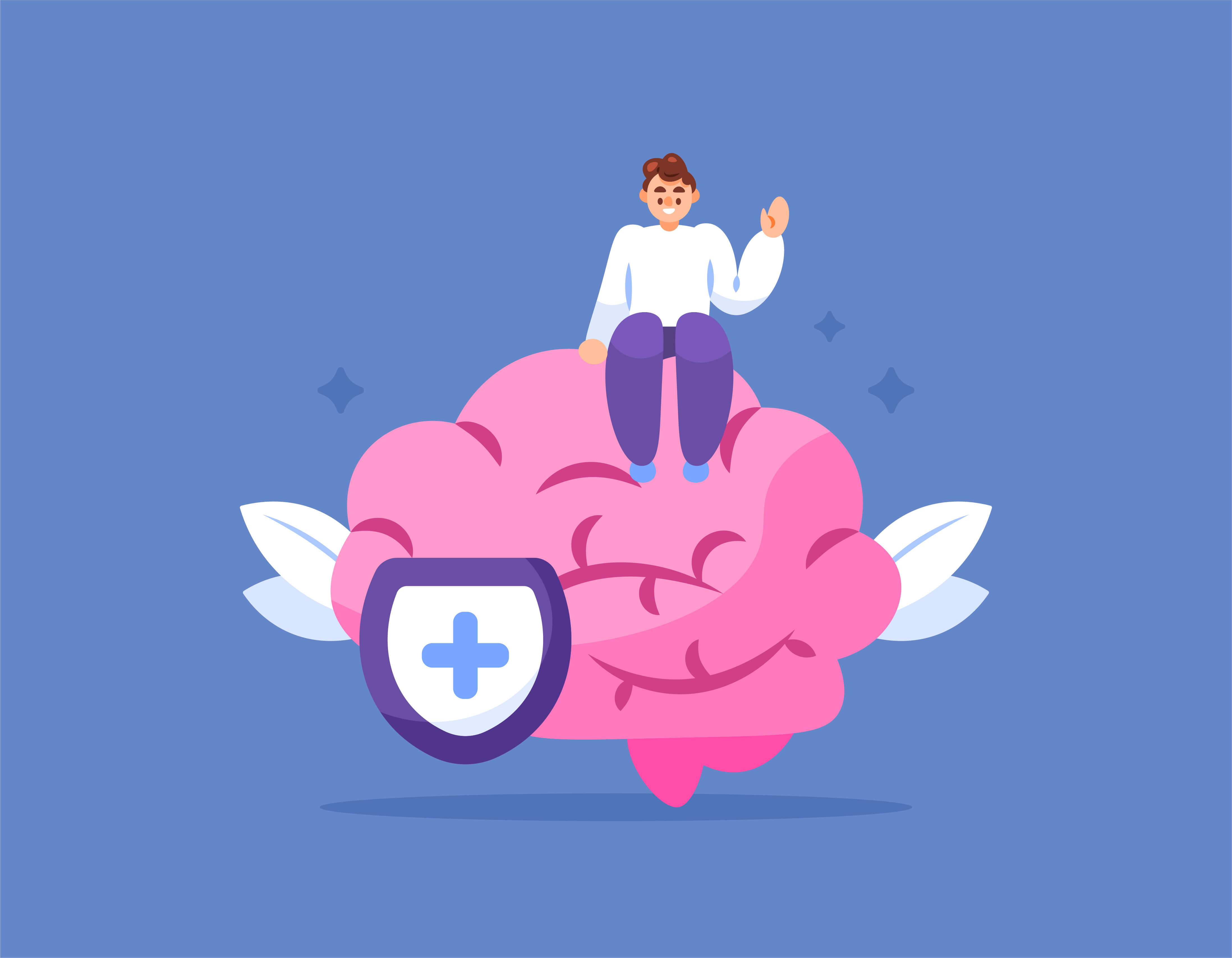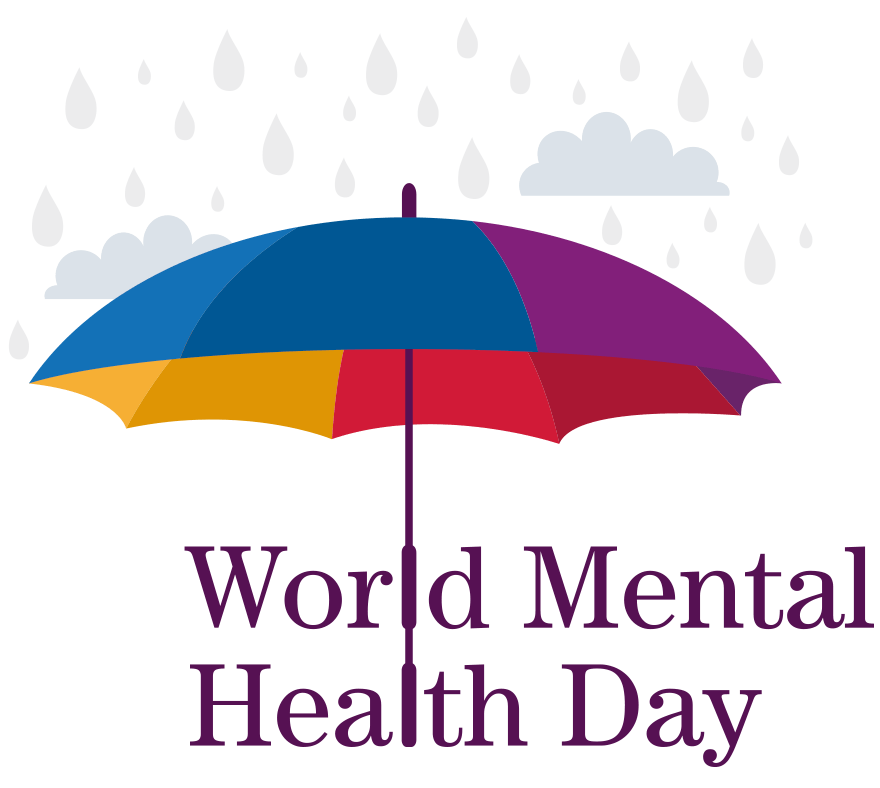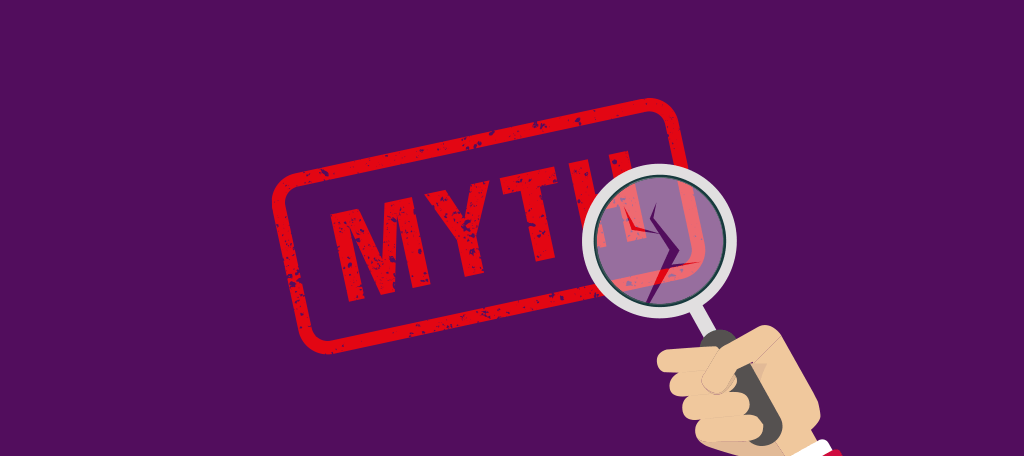As an employer, you have a duty of care to ensure the health and safety of your employees at work. Health and wellbeing should always be taken very seriously to protect your business and keep your employees’ best interests at heart as well as maintaining a healthy workplace. We can give expert advice on everything from occupational health assessments to the different ways on how to approach your employees' health needs and address any health issues, keeping employees healthy and safe.
You’ll find articles below that will give you the resources and information needed to get up to date on everything to do with occupational health. Or why not contact our knowledgeable team of experts on 0808 501 6651?
















